Autism Spectrum Disorder is a neurological and developmental disorder that affects nearly 1 in 36 children. People with autism can have differences in communication, sensory needs, executive functioning skills, perception, and gross/fine motor skills. Autism appears on a spectrum of various severities and presentations of symptoms, making each case complex and highly individual. To me, this is the most intriguing thing about autism. I student-taught in an autism support classroom this semester where every student was completely different both in the way they learned and in the way they interacted with the world. How rewarding it was to build relationships with them as individuals and watch them grow.
April is Autism Awareness Month and I had the opportunity to interview the incredible Dr. Melissa Fligger. Melissa has been working at Clelian Heights, a private special education school in Hempfield, Pennsylvania, since she was 14 years old. She has experiences with students with all different types of disabilities, but currently works in an autistic support life skills classroom while also being heavily involved with the Autism Society of America and Special Olympics. Melissa also organizes Autism Camp in Westmorland County, an opportunity for young people with autism to enjoy a few days outdoors in the summer. (Learn more about how you can volunteer!)
Melissa passionately loves her job and hopes to debunk some misconceptions people have surrounding autism. Foremost, many people think that people with autism don’t like to interact socially. Melissa, who works with both verbal and non-verbal students, explains, “Some of my students are the most social and interactive kids, but they just interact differently. To the naked eye it might not seem like they’re interacting, but they are.” Melissa builds life-long relationships with her students by demonstrating interest in their interests, leading with humor, and involving herself around the school so her students see her as a dependable and familiar face. In the classroom, she models as well as explicitly teaches social skills so that her students succeed later when they are working at jobs or in vocational settings.
Another misconception about special education is that inclusion is always the most equitable option for students. Although integrating special education students into general education classes has been a trending debate for decades, Melissa argues that it must be done the right way for it to be beneficial for students with special needs, especially those with the most severe disabilities. “They just do sometimes require extra support and extra attention,” she explains, “which isn’t always doable when there are too many students in a classroom and not enough help.” Melissa isn’t completely anti-inclusion, but she acknowledges that general education teachers typically have minimal experience working with students with disabilities and the immense staffing shortage for paraprofessionals leaves them even more shorthanded. She believes that the least restrictive environment is where student’s needs are met and they are happy — this is not always synonymous with the least supportive environment.
The last and most unfortunate misconception that people have about autism is that it is a deficit, as opposed to simply a different way of navigating the world. People with autism are absolutely capable of connecting with others, contributing to society, and setting and accomplishing dreams. Melissa explains, “I think it’s important to — as a teacher, as a staff member, as a family member — still have high expectations, to still encourage them to be the best that they can be. And to accept the best that they can be as a good thing.” In a world, and in a school system, sculpted for neuro-typical people, it can be hard to rewire our brains away from deficit thinking. At the end of the day, kids are kids and all students deserve to be accepted, supported, and cherished just the way they are.
Resources
- This webpage lists a variety of resources that can be helpful for educators.
- This article written by Temple Grandin, a pioneer in autism education, discusses the importance of supporting our visual thinkers, which includes many neurodivergent individuals.
- Hannah Gadsby, a comedian, shares about her recent diagnosis of ASD:
- This video humorously shares a difficult interaction with one of her teachers as a student with undiagnosed ASD (please note, it includes a few cuss words).
- In this TED Talk, Hannah shares about her neurodivergence and the importance of human connection (this also includes a few cuss words). Our own Dr. Christy Kuehn uses this video with her college students, then asks them to write a reflective essay answering the question, “What is the purpose of my human?” Perhaps you could do the same, with high school students.
- This article (without any cuss words!) discusses Hannah’s diagnosis and the way she views the world.
Opportunities for Reflection
- Socialization is a crucial function of our life and as people we naturally seek connection to others. Do you assume that non-verbal individuals and/or individuals with autism don’t like to socialize? Challenge this assumption. Ask yourself how you become a familiar friendly face for students with disabilities in your school.
- What supports do you think would be necessary if your classroom was an inclusive classroom for non-verbal students? What would a successful inclusive classroom look like?






